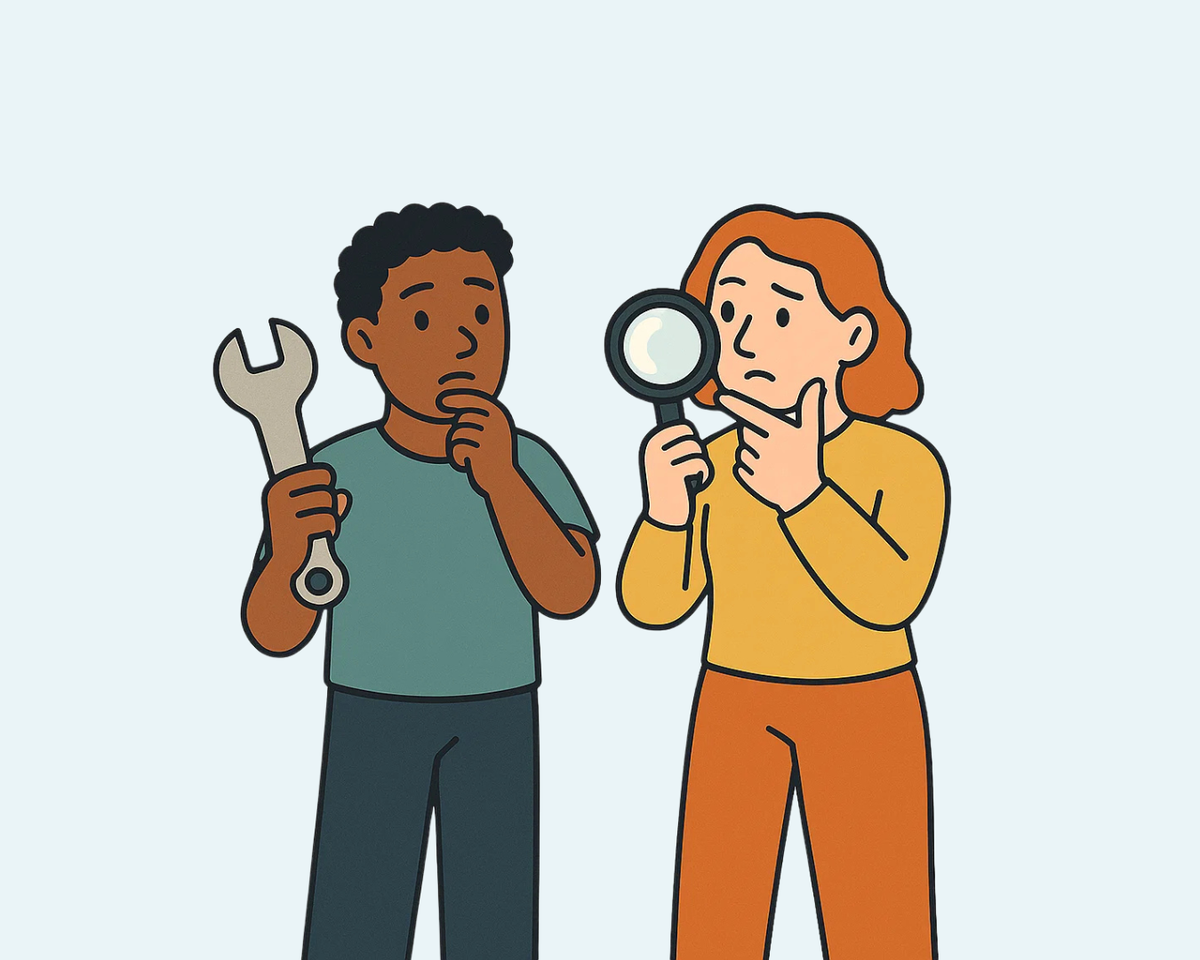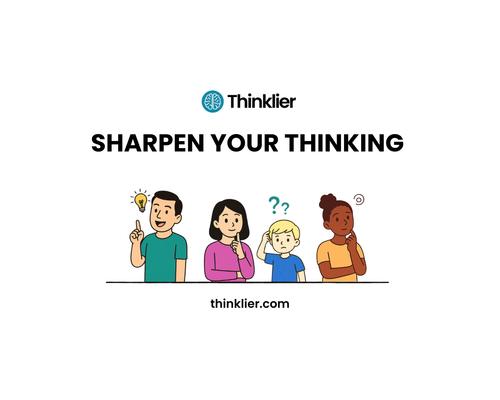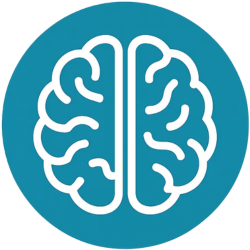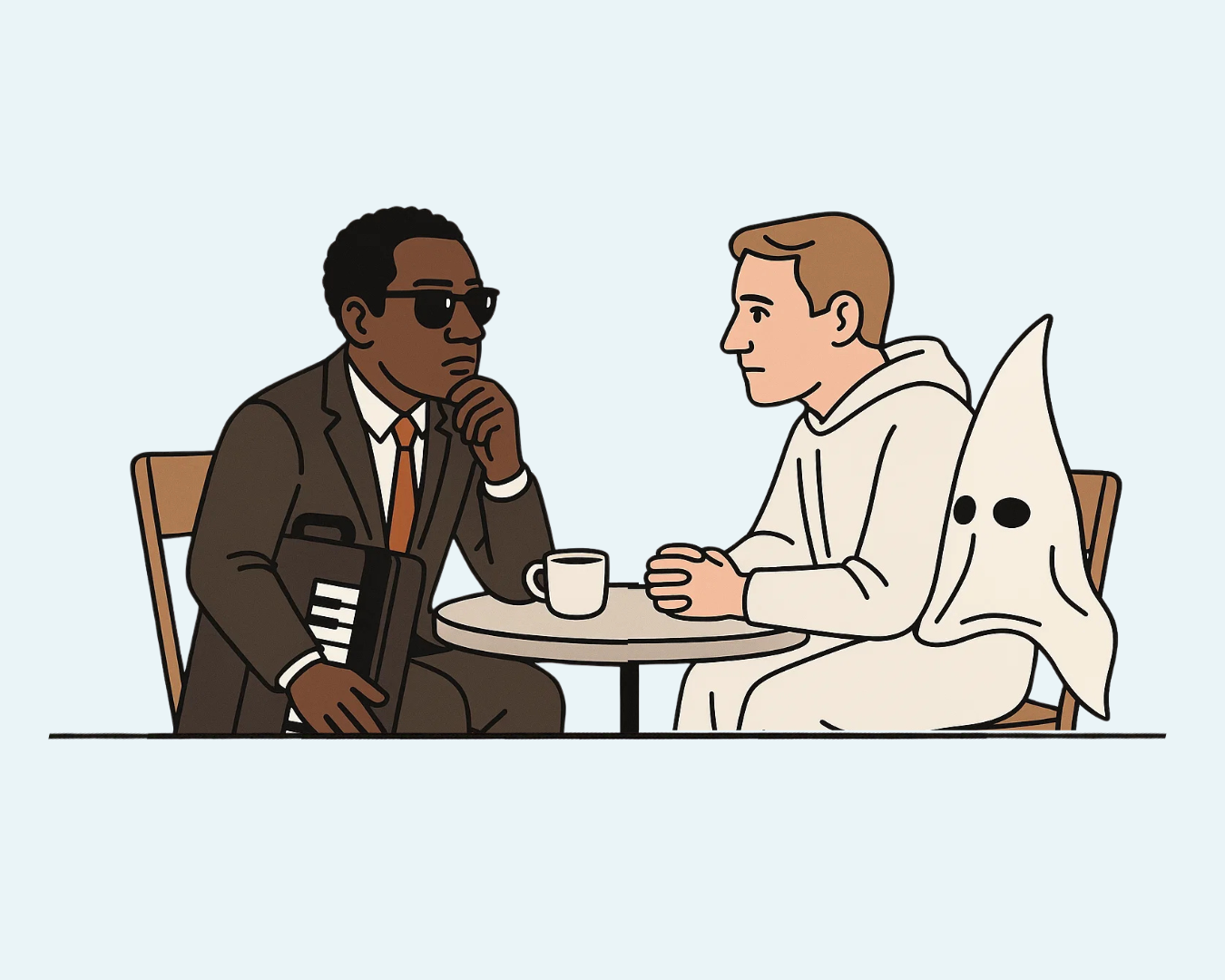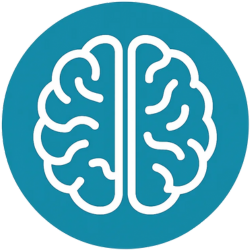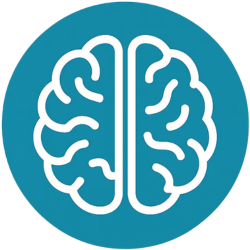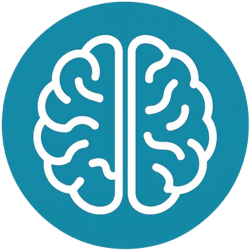In the late 1980s, a man named Daryl Davis walked into a meeting of the Ku Klux Klan. He wasn’t there to shout or protest — or even to argue. He was there to ask questions.
Davis, a black musician and lecturer, wanted to understand how someone could hate him without knowing him. So he started having long, careful conversations with Klansmen. Not to convert them, but to understand them — to be curious, even when everything in his body told him to walk away.
Over the next 30 years, more than 200 members of the Klan left the organisation. Not because they were yelled at. Not because they lost a debate. But because one man chose curiosity over contempt.
What kills curiosity — and why it matters
We like to think of ourselves as open-minded. But in truth, most of us don’t seek understanding; we seek confirmation. We collect arguments like ammunition, not invitations.
Modern life doesn’t help. Online, we’re nudged to signal allegiance to a tribe, not explore ideas with openness or doubt — because fitting in gets rewarded, while thinking for yourself often gets punished. In classrooms, we reward answers over questions. On the news, complexity is flattened into sides: left vs right, good vs evil, us vs them.
Curiosity is quietly squeezed out — not by force, but by speed. When everything accelerates — our news, our feeds, our judgments — outrage outpaces empathy, and certainty settles in before doubt even begins to stir. Once we’ve chosen a tribe, asking questions doesn’t just feel uncomfortable — it starts to feel dangerous.
But here’s the cost: when we stop being curious, we stop thinking.
So what is curiosity, really?
It’s not just nosiness or random interest. True curiosity is the willingness to be changed by what you learn.
It means:
- Asking questions you don’t already know the answers to.
- Suspending your own certainty long enough to hear someone else's point of view.
- Resisting the urge to instantly label, dismiss, or retaliate.
Curiosity is the posture of the honest thinker. It’s less about having an open mind, and more about having a working mind — one that’s alive, active, alert.
The risks of a curiosity drought
When curiosity disappears, thinking becomes tribal. We stop exploring new ideas and start defending the ones that signal belonging, even when they no longer make sense.
That’s how conspiracy theories spread: people latch onto simple stories that confirm what they want to believe. That’s how ideological bubbles form: we surround ourselves with people who nod along. And that’s how bad policies go unchallenged: the questions that might expose them never get asked.
A lack of curiosity doesn’t just make us ignorant. It makes us vulnerable.
Because without curiosity, we don’t notice when we’re being manipulated. We can’t tell truth from tribe. And we lose the ability to change our minds — even when the facts demand it.
Practising curiosity when the world rewards certainty
Curiosity isn’t a soft virtue or an optional extra — it’s a mental discipline, one that takes effort, attention, and a willingness to sit with uncertainty.
And like any discipline, it can be trained.
- Notice your emotional reactions. When something makes you angry or defensive, ask: What am I afraid of learning here?
- Ask real questions. Not traps or gotchas. Just honest, open-ended questions.
- Resist the rush. Curiosity takes time. Pause before sharing and linger before judging.
- Read widely — and weirdly. Don’t just skim headlines. Explore unfamiliar views, strange questions, and forgotten ideas.
- Treat people like puzzles, not threats. You don’t have to agree with someone to try to understand them.
In short
Curiosity isn’t a weakness, nor is it indecision or some childish impulse we’re meant to grow out of — it’s a mark of intellectual maturity, and one of the few habits that keeps thinking alive.
It’s the engine of better thinking — and the enemy of easy certainty.
When Daryl Davis sat down with white supremacists, he wasn’t excusing them. He was confronting hate in the most radical way possible: not with slogans, but with questions.
In a world of noise, performance, and snap judgments, that kind of curiosity is almost revolutionary.
It’s also how minds change.
Want to ask better questions? You might find this useful:
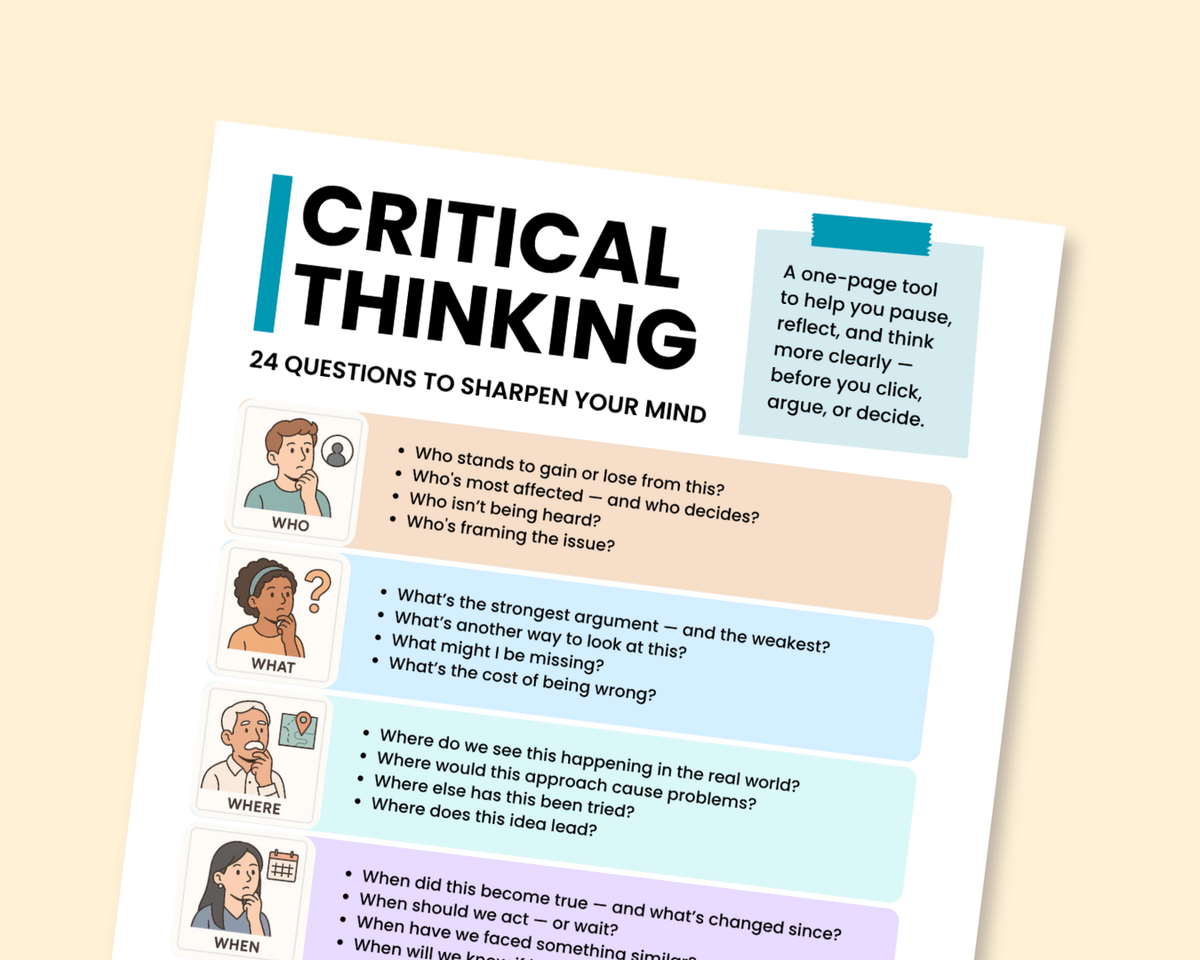
Further reading
1. The Righteous Mind: Why Good People Are Divided by Politics and Religion – Jonathan Haidt
A profound exploration of moral psychology and why curiosity across divides is so rare — and so vital.
2. Mistakes Were Made (But Not by Me) – Carol Tavris & Elliot Aronson
A brilliant deep dive into self-justification and cognitive dissonance — and why curiosity is often our best defence.
3. Think Again: The Power of Knowing What You Don’t Know – Adam Grant
A practical and inspiring guide to intellectual humility, curiosity, and the courage to change your mind.
4. Talking to Strangers – Malcolm Gladwell
This provocative book explores how badly we understand those we don’t know — and how curiosity might be the missing key.
5. How Minds Change – David McRaney
A fascinating look at the psychology of belief — and how real curiosity can change even the most entrenched minds.
Go deeper with our free Thinking Toolkit
A 10-part course to help you think more clearly, spot bad arguments, and build habits for sharper reasoning.
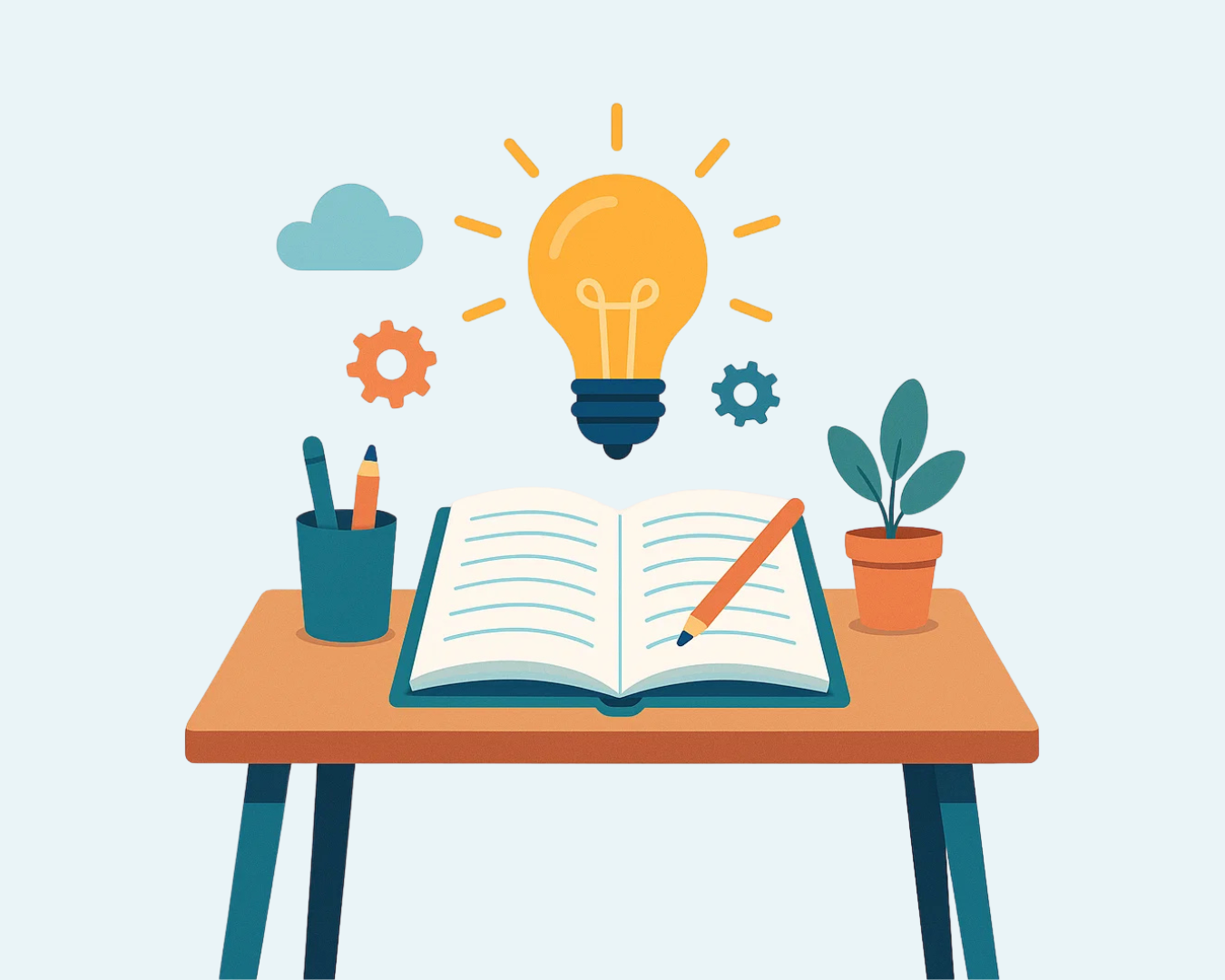
You might also like...
